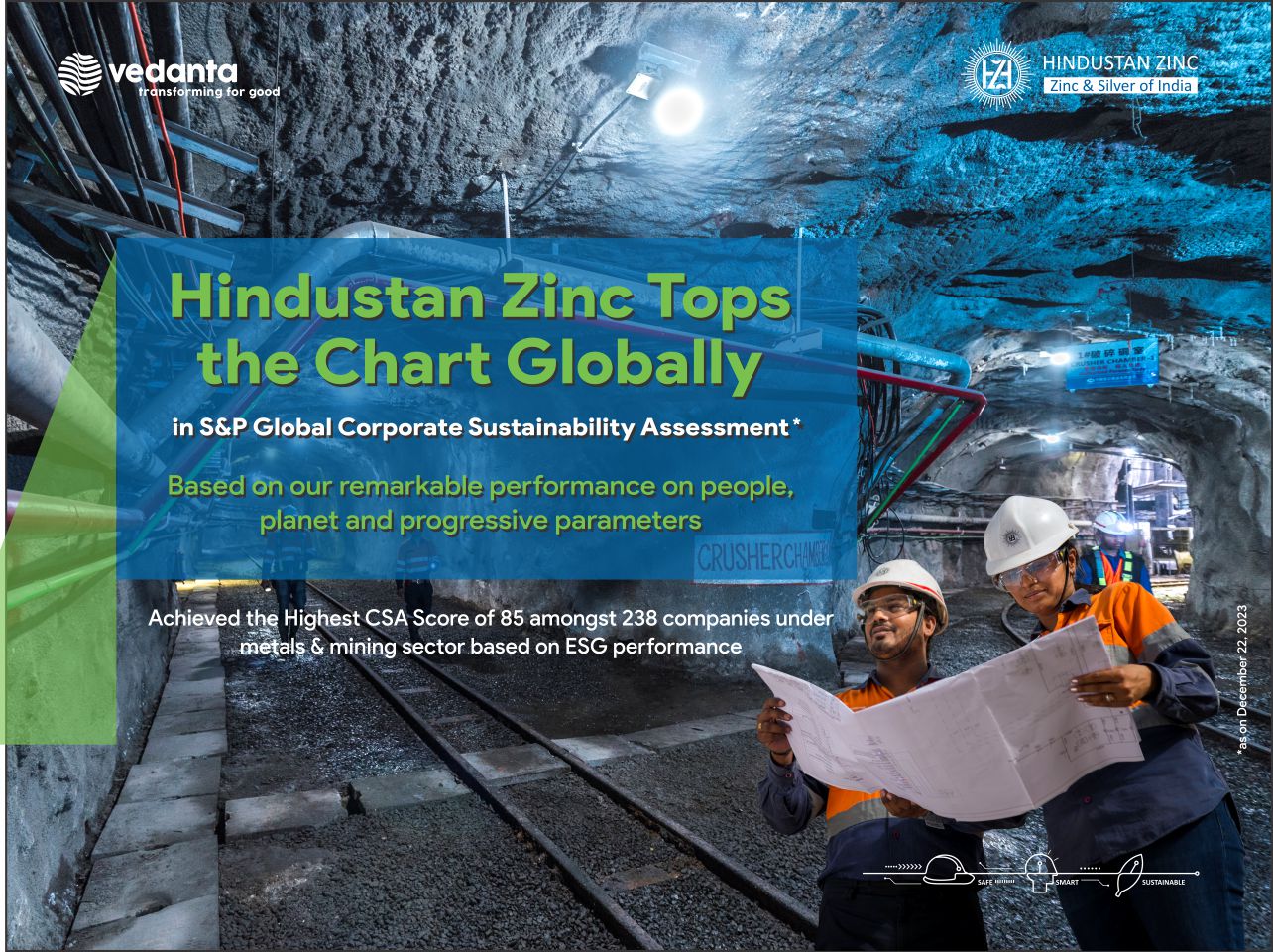Walmart has spent $25 million to lobby for its entry in India. Lobbying is a rather mild term for bribery. The company has allegedly used financial instruments to invest in India, long before the government permitted it. Why should not we just legalize lobbying when it’s happening anyway, just like it is in the US?
Much water has flowed under the bridge since the FDI-in-retail controversy began, but the sense of corporate interference in public policy making has never been so palpable. Walmart, a business behemoth, with about $450 billion revenue – greater than GDP of many countries – revealed in the US Senate that since 2008, it has spent some $25 million (Rs.135 crore) for lobbying in India. The revelation was enough for the opposition to stall parliamentary proceedings. And if experts are to be believed, it wasn’t an overreaction.
Unlike in India, lobbying is allowed in the US, although there are some acts to control the behaviour lobbying circles. Socialists often discount lobbying as a euphemism for corruption, but it is true that political parties worldwide are directly or indirectly funded by civil societies and corporates.
 It’s commendable that what happens under cover in India is for all to analyze in the US. Indian tryst with lobbying is so gross that Enron, before going bankrupt, was being fiercely opposed by the Shiv Sena (in opposition); but as soon as the right-wing party came to power in 1995, the evil Enron became messianic. All this was thanks to smooth lobbying by Enron that declared that it spent $20 million (Rs.120 crore) to “educate” Indians about the then upcoming projects. We all know what happened to Enron.
It’s commendable that what happens under cover in India is for all to analyze in the US. Indian tryst with lobbying is so gross that Enron, before going bankrupt, was being fiercely opposed by the Shiv Sena (in opposition); but as soon as the right-wing party came to power in 1995, the evil Enron became messianic. All this was thanks to smooth lobbying by Enron that declared that it spent $20 million (Rs.120 crore) to “educate” Indians about the then upcoming projects. We all know what happened to Enron.
Much before 51 per cent FDI was allowed in multi-brand retail, Walmart had already invested in India, through a joint-venture with Bharti. The investment was written off through convertible debentures, all in the name of consultancy fee – about $100 million – which generated revenue of only $10,000. Now, does Walmart really want us to believe that its investment guys are that thick?
So what’s the problem?
Nobody is questioning the benefits that FDI in retail may bring to Indian farmers and consumers. At present, there are less than 50 lakh small and big retailers, and 70 crore farmers. The government should, of course, be worried about 70 per cent population than just 0.5 per cent. It’s common knowledge how huge amounts of fruits, vegetables and agricultural produce goes waste, and how middlemen (retailers and wholesalers) get a lion’s share in agricultural profits, in spite of not paying service taxes.
Once the retail industry gets regulated, even at a tax rate of 10 per cent, Indian government shall earn billions in tax revenue, which is not realized at present. All that can be diverted to welfare programs, then. All the fears about these chains importing from China are ill-formed; what’s that doesn’t get imported from China these days, anyway?
Once FDI gets through, farmers will stand benefitted, since they will have their produce directly bought by the retailers. Investment in cold chains will ensure that fraction of produce getting rotten comes down. Already companies like PepsiCo have had these kinds of arrangements in Punjab; the company offers expert advice and monitoring of seeds, fertilizers and crops, and buys directly from farmers – thereby offering them maximum profit margin.
The only thing not palatable with whatever that has transpired is the surreptitious manner in which Walmart has made its way in. To answer all the accusations of bribery, the company has just fired a few of its employees, but that’s certainly not enough to purge it.
Anyway, it’s not just about Walmart. Similar accusations have been made against AT&T, Boeing, Dell, HP, Morgan Stanley, Pfizer, Prudential Financial and Starbucks. Hence, there’s an urgent need to legalize lobbying in India, since it’s happening anyway. A sound law will help keep a check on associated malpractices, and ensure that no company turns a $450 billion enterprise from a $30,000 one, in just fifty years, without any innovative and revolutionary offering.
Article Published under INDIACSR-Halabol.com partnership.
 Halabol.com: Halabol is a platform that gives opportunity to take that step forward and make the effort needed towards the change you wish to see. It allows you to deliver as an individual; motivates you to gather support, build your team of change makers and and even exhibits how you can join other teams to join other causes & issues surrounding our country. Halabol is the space which aims at bringing like minded people together and making an impact collectively! Thus, help in supporting and solving various problems which we, the sensitive Indian, rather neglect otherwise. It is a ‘go-to’ platform for all those who conceive enthusiasm, anger, regret or happiness in their minds in support or against these issues in the world around them. It provides every member the requisite tools to act, voice and eventually make an honest effort towards executing the change.
Halabol.com: Halabol is a platform that gives opportunity to take that step forward and make the effort needed towards the change you wish to see. It allows you to deliver as an individual; motivates you to gather support, build your team of change makers and and even exhibits how you can join other teams to join other causes & issues surrounding our country. Halabol is the space which aims at bringing like minded people together and making an impact collectively! Thus, help in supporting and solving various problems which we, the sensitive Indian, rather neglect otherwise. It is a ‘go-to’ platform for all those who conceive enthusiasm, anger, regret or happiness in their minds in support or against these issues in the world around them. It provides every member the requisite tools to act, voice and eventually make an honest effort towards executing the change.
Image Source: http://voices.halabol.com/sites/default/files/imagecache/voice-slideshow/430/large.jpg





















